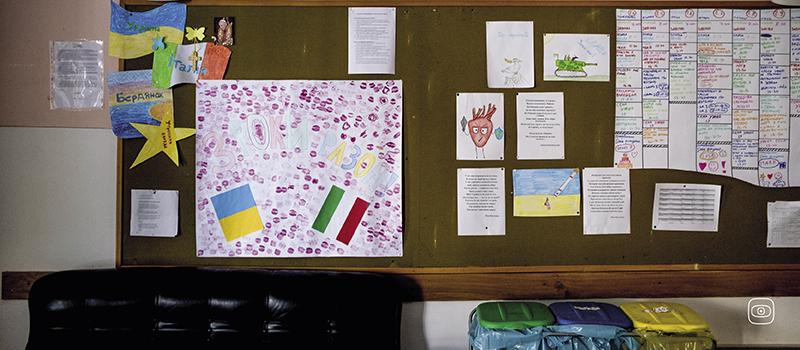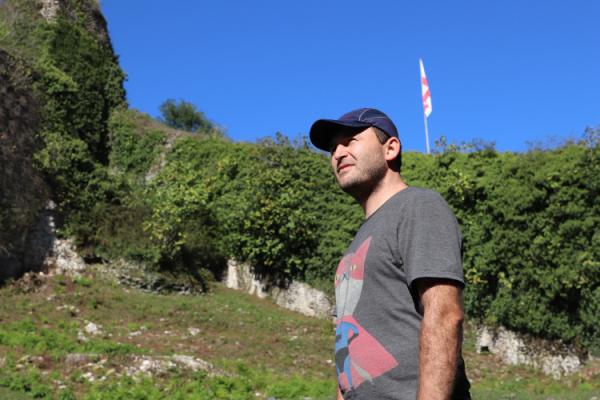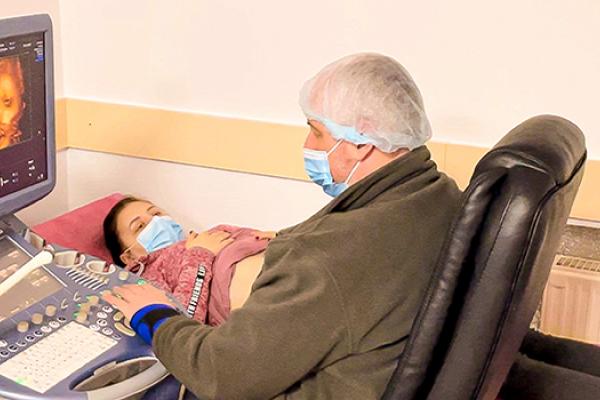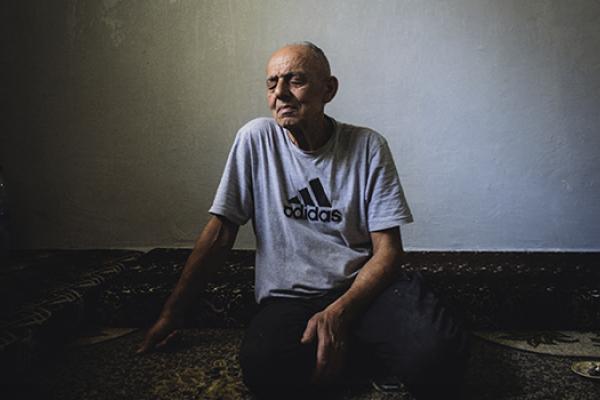As the conflict with Russia continued and losses mounted, fears grew for Ukraine’s demographic future, with officials worried that the millions of families who had fled abroad might never return. This prompted the government to order that children abroad should be brought back home, regardless of the state of the war.
While Ukraine managed to repatriate around 2,500 of the nearly 5,000 children sent abroad, those who were not repatriated found themselves caught up in legal battles, family disputes and diplomatic wrangling.
In Italy and Spain, some foster families appealed to their respective justice systems to prevent the deportation of children back to a war zone. The resulting rulings recognised the minors’ right to be protected from war and potential abuse within Ukraine’s inadequate fostering system. Meanwhile, other foster parents tried to circumvent Ukraine’s ban on international adoptions in an attempt to adopt the children they had been fostering permanently. Some families fell off the Ukrainian authorities' radar by failing to respond to demands for the children’s return. A lack of coordination between Ukrainian and European governments means the fate of orphans in Europe is usually decided on a case-by-case basis, resulting in widely differing outcomes.
This project tells the stories of children and adolescents who were forcibly returned to Ukraine, those who managed to remain in the European Union, and the families who took it upon themselves to provide these children with a better life. Through interviews with lawyers, government officials, families and intermediaries in Ukraine, Spain and Italy, the journalists expose the errors and lapses that have allowed these disadvantaged children to become a point of contention between countries at such a vulnerable time in their lives.
Photo Credit: Camilla Minnozzi
*Finalist for the 22nd edition of the Luchetta Award in the Italian press category







